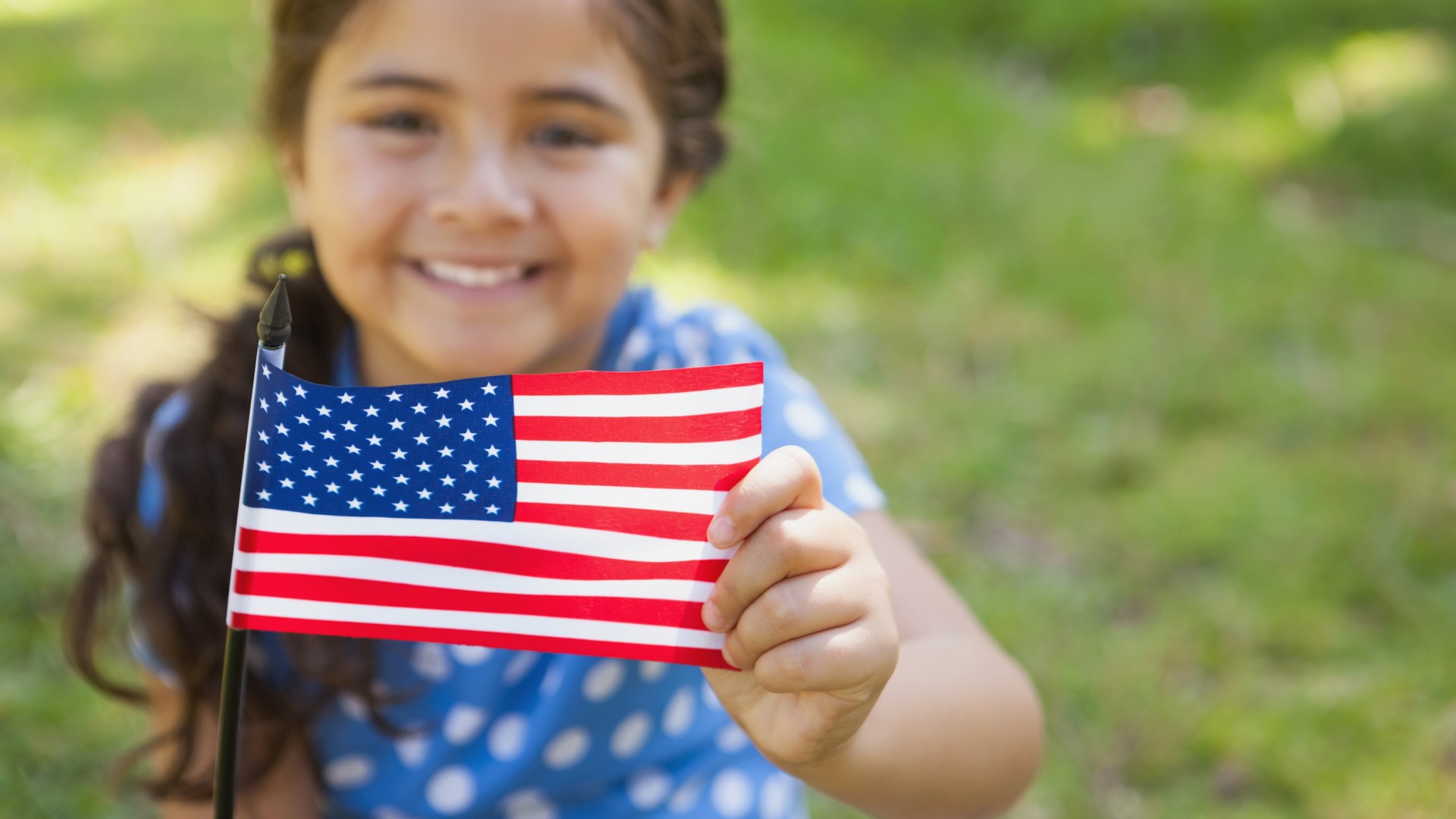“Clinton is a worthless liar. America needs a better president or our country is going to fall apart.”
The Sunday after Election Day in 1996, I listened to girls in a seventh-grade Sunday school class offer their commentary on the winner. A new parent who had only been teaching the class for a few weeks, I was ill prepared for a room full of terrified, politically minded tweens. Where was this coming from?
Decades later, I know the answer. Young children don’t get their opinions from CNN or Fox News. They don’t study exit polls or approval ratings. They do not learn fear and vitriol in social studies. They learn it from their parents.
Recognizing this sobering truth shifted the way my husband and I discussed politics with our own kids. We model a response for our children, and yet, we often underestimate how much they care. Developmentally speaking, children live “in the moment” and tend to overvalue the good and the bad they encounter.
If we act like the sky is falling because our candidate is not elected, our child will feel exaggerated fear. If we act like the kingdom of heaven has come in the form of our new president, our child will have an inflated sense of assurance. Having lived through multiple presidencies, a parent knows what a child doesn’t: that a president has only so much influence.
Even in a divisive, unusual, and high-stakes election, Christian parents can give their children space to process without the hype. They can talk calmly about the strengths and weaknesses of the candidates and ask kids their opinions as age appropriateness allows. Young children may not have opinions on immigration or health care, but they will be able to discuss the importance of being kind, speaking respectfully, or taking responsibility. Older children can begin to dialogue about specific social issues, even doing their own research to enrich a family discussion.
What we teach our kids about the government can ultimately reflect back on what we believe about God.
Elections can be a way to teach our kids how Christians serve both an earthly kingdom and a heavenly kingdom, and the responsibilities we have to each. By pointing out how Christians influence their culture through both the gospel and the political process, we show our kids that our vote is likely not our most powerful means of effecting change. We can talk to our kids about voting pro-life or for affordable health care, but even better, we can give them tangible ways to live out those beliefs (like collecting donations for a pregnancy center or volunteering at a local clinic).
Christian families develop savvy young citizens by encouraging kids to explore what the Bible has to say about a particular issue or asking what it means to look for a candidate who advances the common good. Should the election cycle not produce such a candidate, parents can encourage their children to maintain appropriate respect for the office of president, and remind them that the gospel is more powerful than any government. When we advance the common good ourselves through gracious speech, fervent prayer, and kind actions, our simple everyday faithfulness counts more than our participation in the political system.
Our views on the government can reflect back on what we believe about God, power, and submission. If Scripture can be trusted, God works sovereignly to elect our leaders. The apostle Peter admonishes us to submit to our governing authorities—to render not just tolerance but honor unto Caesar—so that our witness might be preserved among the lost.
Whether or not our candidate wins in November, we can speak charitably about their opponent and share our hopes for the future, acknowledging that ultimately God is in control. Above all, our families can pray together that the Lord would guide our new president in the path of wisdom.
Though we do not yet know the winner of this year’s election, God does. He is neither alarmed nor relieved by the outcome. Rather than depict a presidential election as an epic battle between good and evil, we can teach our children that whoever ascends to the White House, a good and trustworthy God sits enthroned between the cherubim. The president is a human, after all. There is great comfort in this thought for a child. May there be great comfort in this thought for moms and dads as well.
Jen Wilkin is a wife, mom and Bible teacher with a passion to see women become committed followers of Christ. She is the author of Women of the Word and None Like Him.










